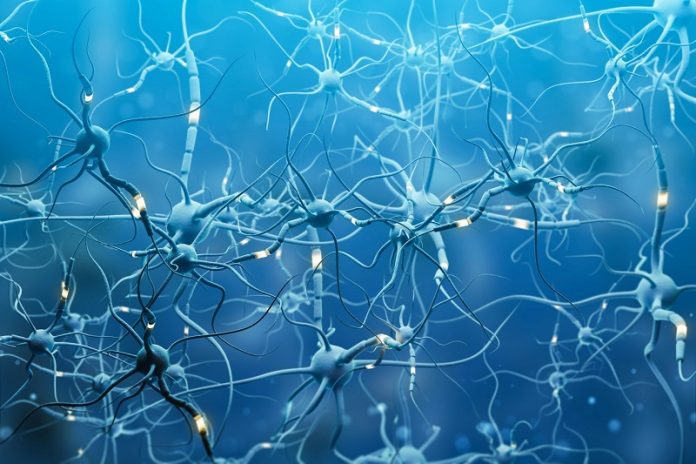
We all know that sleep helps us feel refreshed, but a new study from Cornell University has found that sleep does something even more important—it helps reset our brain to make room for new memories.
The research, published in Science, shows how our brain stays ready to keep learning new things every day without getting overloaded.
When we learn something new or have new experiences, certain neurons in a part of the brain called the hippocampus become active.
The hippocampus is crucial for forming memories.
During sleep, these neurons replay the same activity patterns that happened when we were awake, helping to solidify those memories and store them in a larger area of the brain known as the cortex.
But with all this constant learning and memory storage, you might wonder how our brain doesn’t run out of space or resources.
The study, led by Azahara Oliva, assistant professor of neurobiology and behavior at Cornell, discovered that during deep sleep, a special process occurs in the hippocampus.
This process involves certain regions of the hippocampus—specifically, areas called CA1 and CA3—becoming silent at specific times.
This silence acts as a reset, allowing those neurons to be ready for new learning the next day.
The hippocampus has three main regions: CA1, CA2, and CA3. While CA1 and CA3 have been well-studied for their role in encoding memories, less was known about CA2 until now. The researchers found that CA2 is the region responsible for triggering the silencing and resetting process in the hippocampus during sleep.
To uncover this, the research team implanted electrodes in the hippocampi of mice. These electrodes recorded neuronal activity while the mice were awake and learning, and then again during their sleep.
The researchers observed that while neurons in CA1 and CA3 were reactivating memory patterns during sleep, there were also moments when these neurons went completely quiet—thanks to the CA2 region.
This discovery helps explain why sleep is so essential, not just for reinforcing memories but also for resetting the brain to continue functioning properly when we’re awake.
The researchers believe this new understanding could lead to ways to boost memory or even erase harmful memories, which could help treat conditions like Alzheimer’s disease or post-traumatic stress disorder (PTSD).
In essence, this study shows that memory is a dynamic process, and sleep plays a critical role in keeping our brains ready to learn and store new information every day.
If you care about sleep health, please read studies about foods that help people sleep better, and Keto diet could improve cognitive function in people with sleep loss.
For more health information, please see recent studies about the natural supplements for sound sleep, and how your diet can improve sleep quality.



